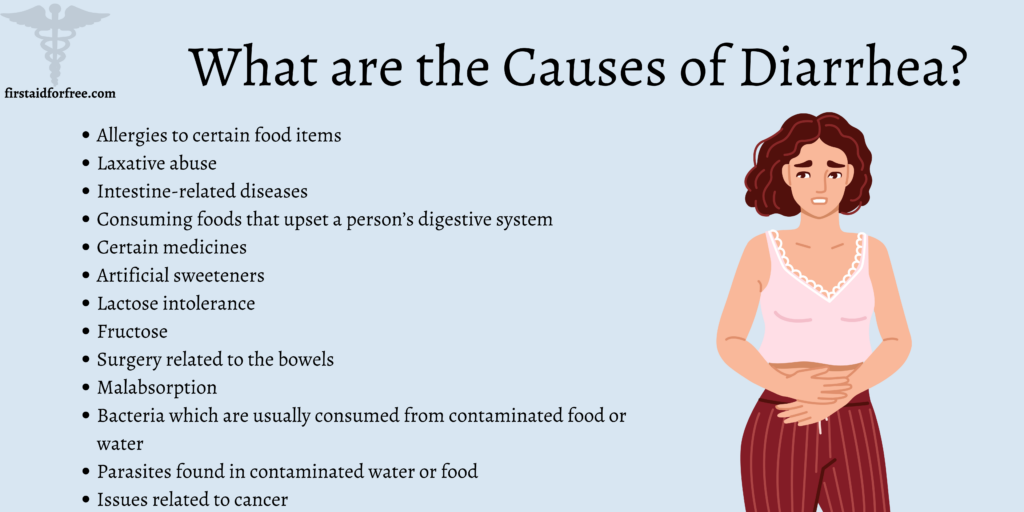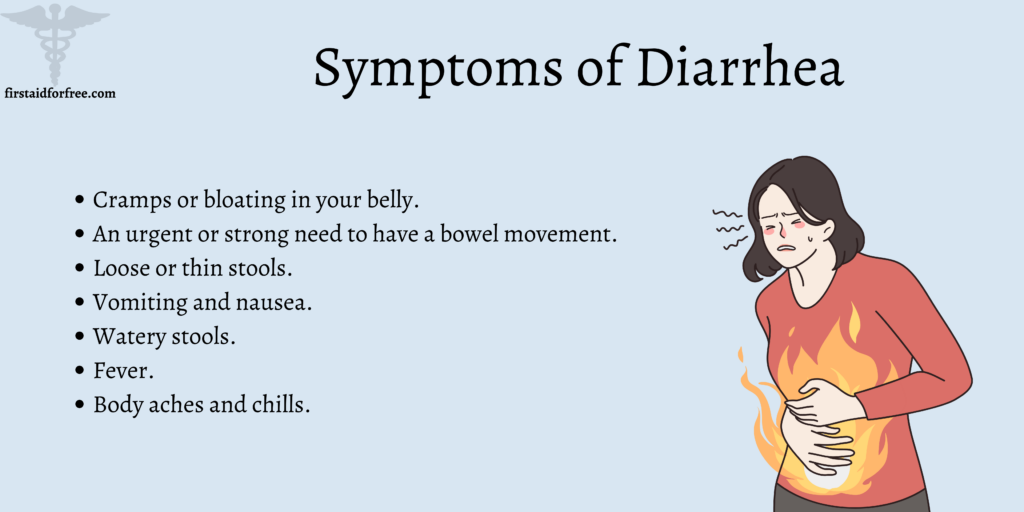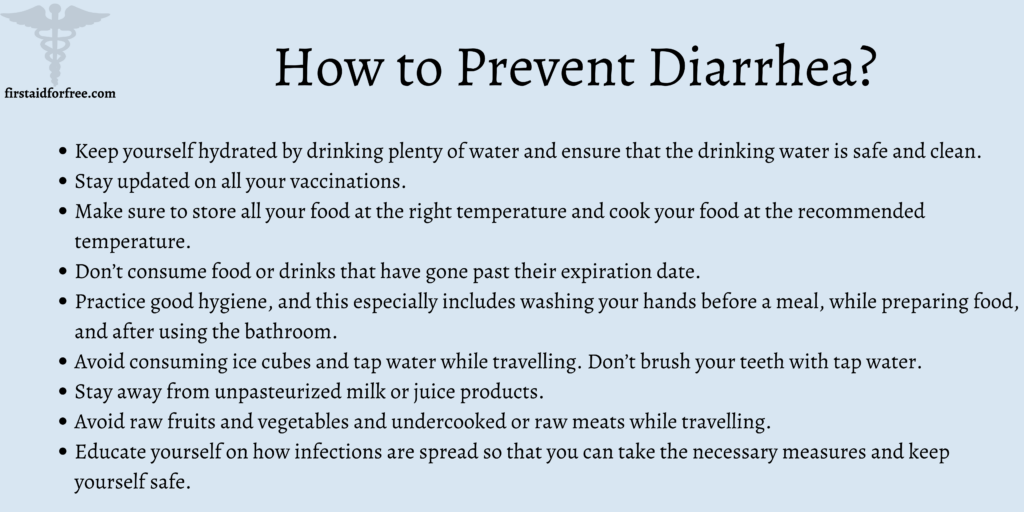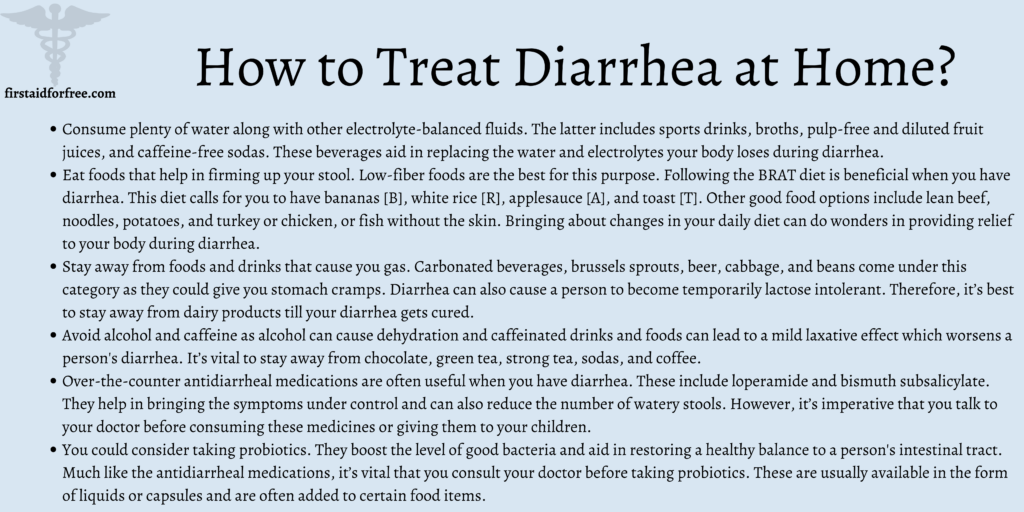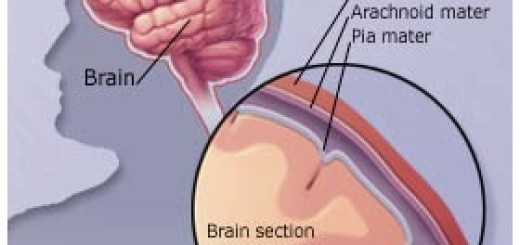First Aid for Diarrhea: 6 Essential Steps to Take
As per the Centers for Disease Control and Prevention, diarrhea kills 2195 children every day, which is a higher number than measles, malaria, and AIDS combined. Research also suggests that diarrhea can harmfully affect a child’s growth and cognitive development.
When adults reach a certain age, it becomes evident more than ever that issues related to the stomach should not be taken lightly, and the same goes for diarrhea. This is why I believe that knowing about diarrhea and how to bring it under control is of utmost importance.
When a person has diarrhea, it means that their stool is watery and loose. While it’s quite common and usually goes away within a few days, it’s an unpleasant experience as it causes you to make multiple trips to the bathroom.
If you have chronic diarrhea, it entails that a person suffers from diarrhea regularly for three to four weeks.
As a child, I remember once being affected by the worst case of diarrhea which left me dehydrated and exhausted, which is why in this article we will be focusing on everything you need to know about this issue and how to treat it.
If you’re hoping to learn about the causes and symptoms of diarrhea, the first aid for diarrhea, when to see a doctor, and more, then keep reading.
What are the Causes of Diarrhea?
Diarrhea usually occurs due to a virus that infects a human being’s gut, and it’s often known as stomach flu or intestinal flu. Some of the other causes of diarrhea are as follows:
- Allergies to certain food items
- Laxative abuse
- Intestine-related diseases
- Consuming foods that upset a person’s digestive system
- Certain medicines
- Artificial sweeteners
- Lactose intolerance
- Fructose
- Surgery related to the bowels
- Malabsorption
- Bacteria which are usually consumed from contaminated food or water
- Parasites found in contaminated water or food
- Issues related to cancer
Symptoms of Diarrhea
The common symptoms of diarrhea are:
- Cramps or bloating in your belly.
- An urgent or strong need to have a bowel movement.
- Loose or thin stools.
- Vomiting and nausea.
- Watery stools.
- Fever.
- Body aches and chills.
How to Prevent Diarrhea?
While diarrhea can’t always be prevented, there are a couple of measures you can take to reduce the risk of experiencing it. Some of those measures include:
- Keep yourself hydrated by drinking plenty of water and ensure that the drinking water is safe and clean.
- Stay updated on all your vaccinations.
- Make sure to store all your food at the right temperature and cook your food at the recommended temperature.
- Don’t consume food or drinks that have gone past their expiration date.
- Practice good hygiene, and this especially includes washing your hands before a meal, while preparing food, and after using the bathroom.
- Avoid consuming ice cubes and tap water while travelling. Don’t brush your teeth with tap water.
- Stay away from unpasteurized milk or juice products.
- Avoid raw fruits and vegetables and undercooked or raw meats while travelling.
- Educate yourself on how infections are spread so that you can take the necessary measures and keep yourself safe.
How to Diagnose Diarrhea?
Most cases of diarrhea don’t require any medical treatment or diagnosis unless it’s severe. Once you visit your doctor, they will ask you about what you have been recently eating and drinking, your medical history, and the medicines you have been consuming.
They could recommend certain tests to determine the cause of your diarrhea, and those tests include:
- Blood tests to check for certain disorders or diseases.
- Stool tests to check if your diarrhea is being caused by parasites or bacteria.
- Hydrogen breath test to look for bacterial overgrowth and fructose or lactose intolerance.
- An endoscopy of your lower and upper digestive tract to determine if your diarrhea is occurring due to structural issues such as tumors or ulcers.
- A colonoscopy to check for the presence of intestinal disease.
How to Treat Diarrhea at Home?
When your diarrhea is not too severe, it is possible to treat it at home. The first aid for diarrhea is as follows:
- Consume plenty of water along with other electrolyte-balanced fluids. The latter includes sports drinks, broths, pulp-free and diluted fruit juices, and caffeine-free sodas. These beverages aid in replacing the water and electrolytes your body loses during diarrhea.
- Eat foods that help in firming up your stool. Low-fiber foods are the best for this purpose. Following the BRAT diet is beneficial when you have diarrhea. This diet calls for you to have bananas [B], white rice [R], applesauce [A], and toast [T]. Other good food options include lean beef, noodles, potatoes, and turkey or chicken, or fish without the skin. Bringing about changes in your daily diet can do wonders in providing relief to your body during diarrhea.
- Stay away from foods and drinks that cause you gas. Carbonated beverages, brussels sprouts, beer, cabbage, and beans come under this category as they could give you stomach cramps. Diarrhea can also cause a person to become temporarily lactose intolerant. Therefore, it’s best to stay away from dairy products till your diarrhea gets cured.
- Avoid alcohol and caffeine as alcohol can cause dehydration and caffeinated drinks and foods can lead to a mild laxative effect which worsens a person’s diarrhea. It’s vital to stay away from chocolate, green tea, strong tea, sodas, and coffee.
- Over-the-counter antidiarrheal medications are often useful when you have diarrhea. These include loperamide and bismuth subsalicylate. They help in bringing the symptoms under control and can also reduce the number of watery stools. However, it’s imperative that you talk to your doctor before consuming these medicines or giving them to your children.
- You could consider taking probiotics. They boost the level of good bacteria and aid in restoring a healthy balance to a person’s intestinal tract. Much like the antidiarrheal medications, it’s vital that you consult your doctor before taking probiotics. These are usually available in the form of liquids or capsules and are often added to certain food items.
When to See a Doctor for Diarrhea?
If you have diarrhea, you should contact your doctor under the following circumstances:
- In case your diarrhea lasts for longer than two days.
- If there is blood in your stools or if your stools are black.
- If you have a fever that’s higher than 39 degrees Celsius.
- If you have severe rectal or abdominal pain.
- If you experience dehydration.
- If you’re experiencing nausea or you’re vomiting, that’s preventing you from consuming fluids to replace the fluids lost from your body.
- If you go through diarrhea after coming back from a foreign destination.
In case you experience these symptoms, they could be pointing to:
- Colon cancer
- Pancreatitis
- Inflammatory bowel disease
- Infection
When you experience diarrhea, one of the most common risks you face is that of dehydration. In case you don’t get the proper first aid or treatment for diarrhea, you could witness severe symptoms. The signs of dehydration to watch out for include:
- Headache
- Dry mouth
- Fatigue
- Increased thirst
- Decreased urination
- Increased heart rate
- Dry mucous membranes
- Dry skin
- Confusion
- Crankiness
FAQs
What foods stop diarrhea?
Some of the foods that can help in treating diarrhea are oatmeal, toast, applesauce, boiled potatoes, plain white rice, and bananas.
What can I drink for diarrhea?
When you have diarrhea, it’s advised to drink plenty of water. You should also consume clear fruit juices, oral rehydration solutions, low-sugar beverages, sports drinks, and coconut water.
Are bananas good for diarrhea?
Yes, bananas are a good go-to option when you experience diarrhea.
How long can diarrhea last?
Short-term diarrhea usually lasts for about a day or two.
Are apples good for diarrhea?
Yes, apples can be good for your system when you suffer from diarrhea.
Which organ of the human body is affected by diarrhea?
The organs of the human body which are affected by diarrhea are your bowels or intestines.
Can diarrhea cause weight loss?
Diarrhea can lead to temporary weight loss due to the loss of body fluids.
Is it concerning if you have diarrhea for more than three days?
If your diarrhea doesn’t go away after two days, it’s important to consult your doctor.
Conclusion
When your bowel movements are disrupted by something such as diarrhea, it can be very uncomfortable and unpleasant. Diarrhea usually lasts for a short period and resolves itself in a few days.
However, if it doesn’t go away on its own and you begin to experience extreme symptoms, it’s necessary to contact your healthcare provider immediately.
Since it’s a common condition, one shouldn’t be embarrassed about it. Just inform your doctor of the symptoms you’re experiencing and follow the treatment method they suggest.
If you develop a fever, have bloody stools, or experience severe pain, your doctor must be informed immediately. You could also be experiencing dehydration, which must be treated right away before it gets worse.

